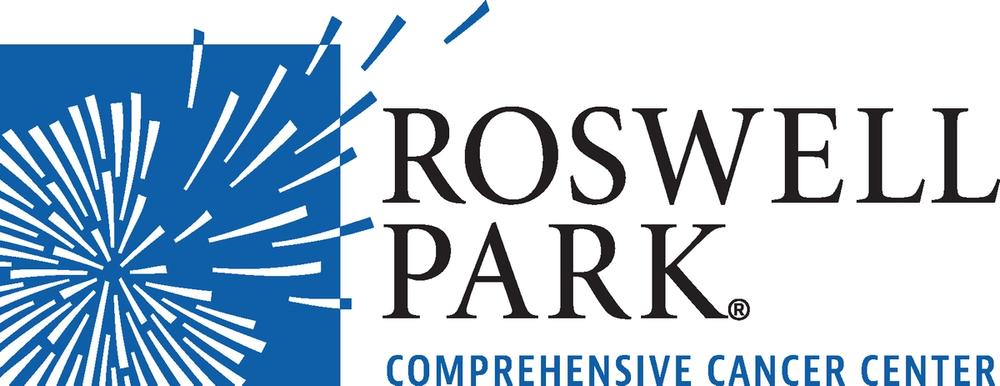
How Patients With Cancer Can Avoid Counterfeit Therapeutics Online

Key Takeaways
- Counterfeit drugs are a $4 billion industry, with only 5% of online pharmacies accredited, posing significant risks.
- Younger patients are more susceptible to counterfeit drugs due to their familiarity with online shopping.
Dr. Megan Menon explains how patients can verify the authenticity of online prescription purchases for their cancer treatment.
Counterfeit drugs are estimated to be a $4 billion a year industry, with only 5% of the approximately 35,000 online pharmacies being accredited, Dr. Megan Menon explained in an interview CURE®.
The risk for counterfeit drugs disproportionately affects younger patients, Menon, executive director of pharmacy at Roswell Park Comprehensive Cancer Center in Buffalo, New York, emphasized.
“The younger patient population is at higher risk, and it's probably because we're so used to going online for everything,” Menon said. “I go to the store, and I see something, buth then look at my phone to see if I can find it cheaper somewhere else. So really, [there is] a lot of comfort with just going online to find something cheaper. I don't know that we're quite aware of the number of scam sites that are out there.”
In the interview, Menon spoke with CURE about how patients can avoid counterfeit drugs online and what resources are available to them.
Transcript:
The first thing to do if you're going to a website is [to see if] there's a link to the Alliance for Safe Online Pharmacies [https://asopfoundation.pharmacy/]. There, you can see if the pharmacy that you're looking at is accredited. The other thing is, if you get to a website and it says they don't require a prescription for a medication, especially an oral oncolytic, run away because that is absolutely not a legitimate website. If you have questions, like if they do require a prescription but it's not on the Alliance for Safe Online Pharmacies website, reach out to your care team.
A lot of hospitals, a lot of clinics and providers, are aware of this risk, so they can help you determine if it's a legitimate website that you're going to. If you're going to these websites just trying to find a cheaper option — because these agents are very expensive — they will have resources to help you get the financial aid that you need to be able to afford your medications.
Transcript has been edited for clarity and conciseness.
For more news on cancer updates, research and education, don’t forget to




